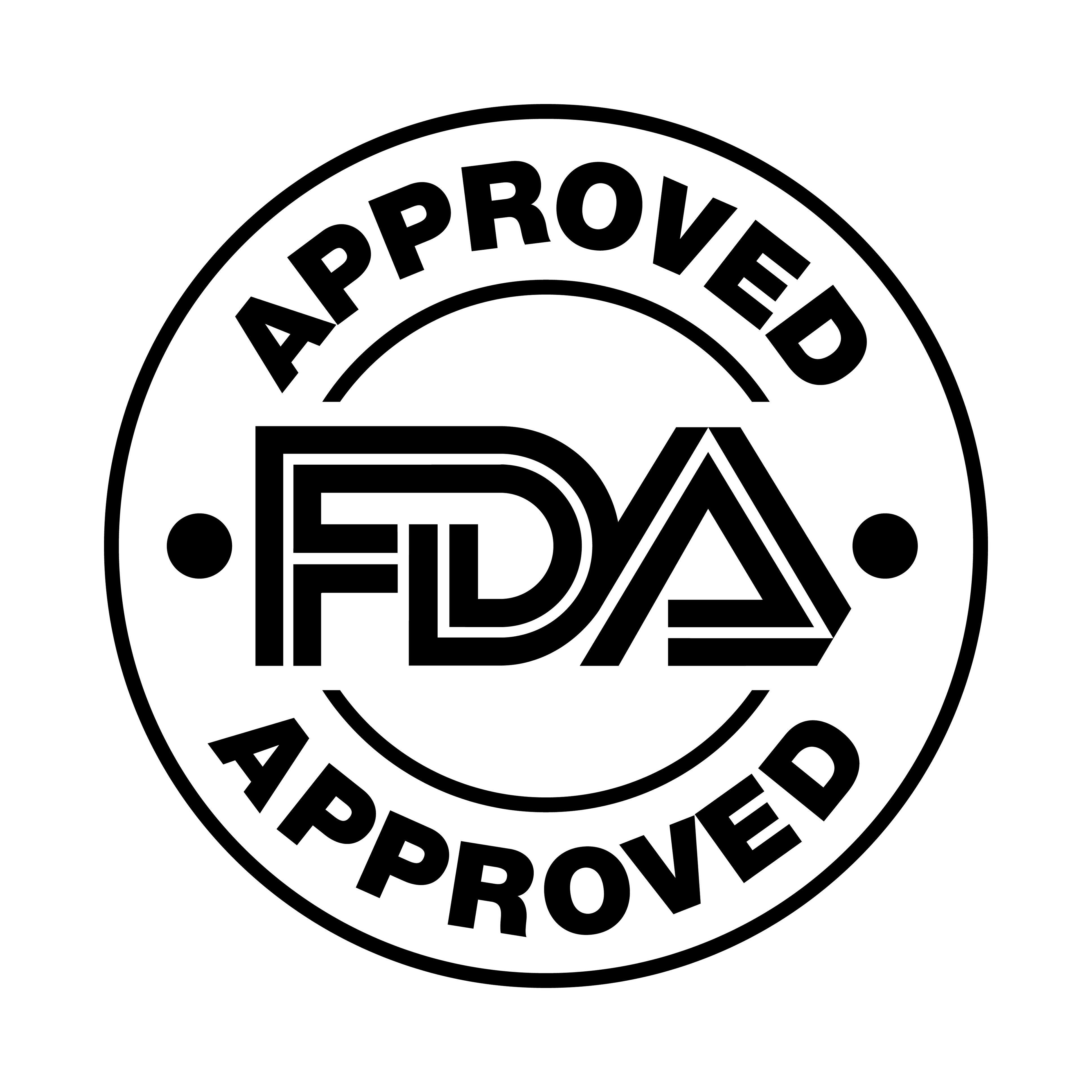First gene therapy to treat children with metachromatic leukodystrophy approved by FDA
The decision makes atidarsagene autotemcel the first FDA-approved gene therapy for MLD, a rare genetic disease that affects the brain and nervous system.
First gene therapy to treat children with metachromatic leukodystrophu FDA approved | Image Credit: © Calin - © Calin - stock.adobe.com.

Children with pre-symptomatic late infantile, pre-symptomatic early juvenile, or early symptomatic early juvenile metachromatic leukodystrophy (MLD), have a new treatment option as atidarsagene autotemcel (Lenmeldy; Orchard Therapeutics) was approved by the FDA, according to a bulletin from the federal agency.
The decision makes atidarsagene autotemcel the first FDA-approved gene therapy for MLD, a rare genetic disease that affects the brain and nervous system. Caused by a deficiency of the arylsufatase A (ARSA) enzyme, MLD leads to a buildup of sulfatides in the cells, resulting in damage to the central and peripheral nervous system. This can manifest with the loss of motor and cognitive function and early death.
According to the FDA, there is no cure for MLD, which impacts 1 in every 40,000 individuals in the United States. Symptom management and supportive care are typical treatment focuses.
Atidarsagene autotemcel is an individualized, one-time, single-dose infusion created with the patient's own hematopoietic (blood) stem cells, or HSCs, which have been genetically modified to include functional copies of the ARSA gene.
The modified stem cells are transplanted back into the patient, where they attach and multiply in bone marrow, supplying the body with myeloid (immune) cells that produce the ARSA enzyme. This enzyme helps to break down the bulid up of sulfatides and could stop the progression of MLD.
Patients must undergo a high-dose of chemotherapy prior to treatment.
"This is the first FDA-approved treatment option for children who have this rare genetic disease,” said Peter Marks, MD, PhD, director, Center for Biologics Evaluation and Research (CBER), FDA. “We remain committed to advancing scientific and regulatory principles that enable the efficient development and review of safe, effective and innovative products that have the potential to change patients’ lives.”
Data from a pair of single-arm, open-label clinical trials that featured 37 children who received atidarsagene autotemcel was used to assess the safety and effectiveness of the treatment.
Children who received atidarsagene autotemcel were compared to untreated children (natural history), as the primary endpoint was severe motor impairment-free survival, defined as, "the interval from birth to the first occurrence of loss of locomotion and loss of sitting without support or death," according to the FDA.
Among children with MLD, atidarsagene autotemcel treatment significantly reduced the risk of severe motor impairment or death compared to the untreated children.
All children with pre-symptomatic late infantile MLD who were treated with atidarsagene autotemcel were alive at age 6 years, compared to 58% of children in the natural history group, and 71% of treated children were able to walk without assistance.
Among treated children, 85% "had normal language and performance IQ scores, which has not been reported in untreated children. In addition, children with pre-symptomatic early juvenile and early symptomatic early juvenile MLD showed slowing of motor and/or cognitive disease," stated the FDA.
Fever and low white blood cell count, respiratory infections, mouth sores, rash, medical line infections, viral infections, fever, gastrointestinal infections, and enlarged liver were the most common side effects of atidarsagene autotemcel.
Following infusion with atidarsagene autotemcel, patients should be monitored for neutrophil counts and risk of delayed platelet engraftment until engraftment has been achieved.
The treatment "may be associated with formation of blood clots or a type of swelling of brain tissues known as encephalitis. There is a potential risk of blood cancer associated with this treatment; however, no cases have been seen in patients treated with Lenmeldy," stated the FDA, which added patients who receive atidarsagene autotemcel should have lifelong monitoring for hematologic malignancies.
Reference:
FDA approves first gene therapy for children with metachromatic leukodystrophy. FDA. Press release. March 18, 2024. Accessed March 18, 2024. https://content.govdelivery.com/accounts/USFDA/bulletins/3913ec1
Omalizumab outperforms oral immunotherapy in treating multi-food allergy
March 27th 2025A new clinical trial has found that omalizumab (Xolair; Genetech, Novartis) is more effective than oral immunotherapy (OIT) in treating multi-food allergy in individuals with severe allergic reactions to small amounts of common food allergens.